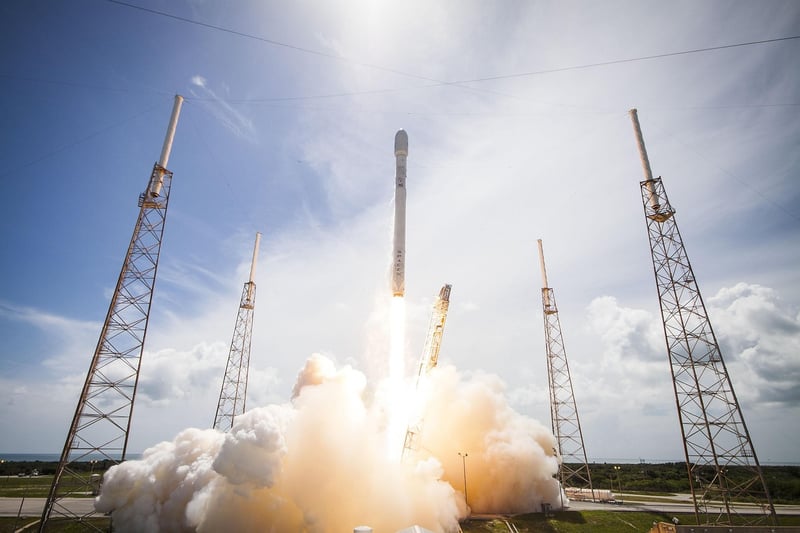Temporal Displacement
The Fascinating World of Time Travel Technology and Temporal Displacement
Time travel has long been a captivating concept in science fiction, but what if it were actually possible? The idea of traversing through time, visiting historical events, or glimpsing into the future is both thrilling and mind-boggling. Let's delve into the theoretical aspects of time travel technology and the phenomenon of temporal displacement.
Time Travel Technology
Time travel technology refers to the theoretical methods and devices that could enable individuals to move backward or forward in time. While time machines like the iconic DeLorean from "Back to the Future" are purely fictional, scientists have explored various theoretical frameworks that could potentially make time travel a reality.
Einstein's Theory of Relativity
One of the fundamental principles underpinning the concept of time travel is Albert Einstein's Theory of Relativity. According to this theory, time is relative, and the rate at which time passes can vary depending on factors such as gravity and velocity. The closer an object is to a massive gravitational field or the faster it moves, the slower time progresses for that object relative to a stationary observer.
Wormholes and Time Dilation
Wormholes, hypothetical tunnels in spacetime that connect two distant points, have been proposed as a potential means of traversing through time. By entering a wormhole, one could theoretically emerge at a different point in both space and time. Additionally, time dilation, a consequence of Einstein's theory, suggests that time can pass at different rates for two observers moving at different speeds.
Temporal Displacement
Temporal displacement, also known as time displacement, is the phenomenon where an object or individual is displaced in time from its original temporal position. This could occur as a result of a scientific experiment gone awry, a natural temporal anomaly, or the use of advanced technology.
Paradoxes and Consequences
Temporal displacement raises intriguing questions about causality and paradoxes. The famous grandfather paradox, for instance, posits a scenario where a time traveler goes back in time and prevents their grandfather from meeting their grandmother, thus preventing their own birth. Such paradoxes highlight the complexities and potential consequences of altering the past.
While the practical realization of time travel technology remains a distant dream, exploring the theoretical frameworks and principles behind it sparks the imagination and pushes the boundaries of our understanding of the universe.

Image Source: Pixabay
